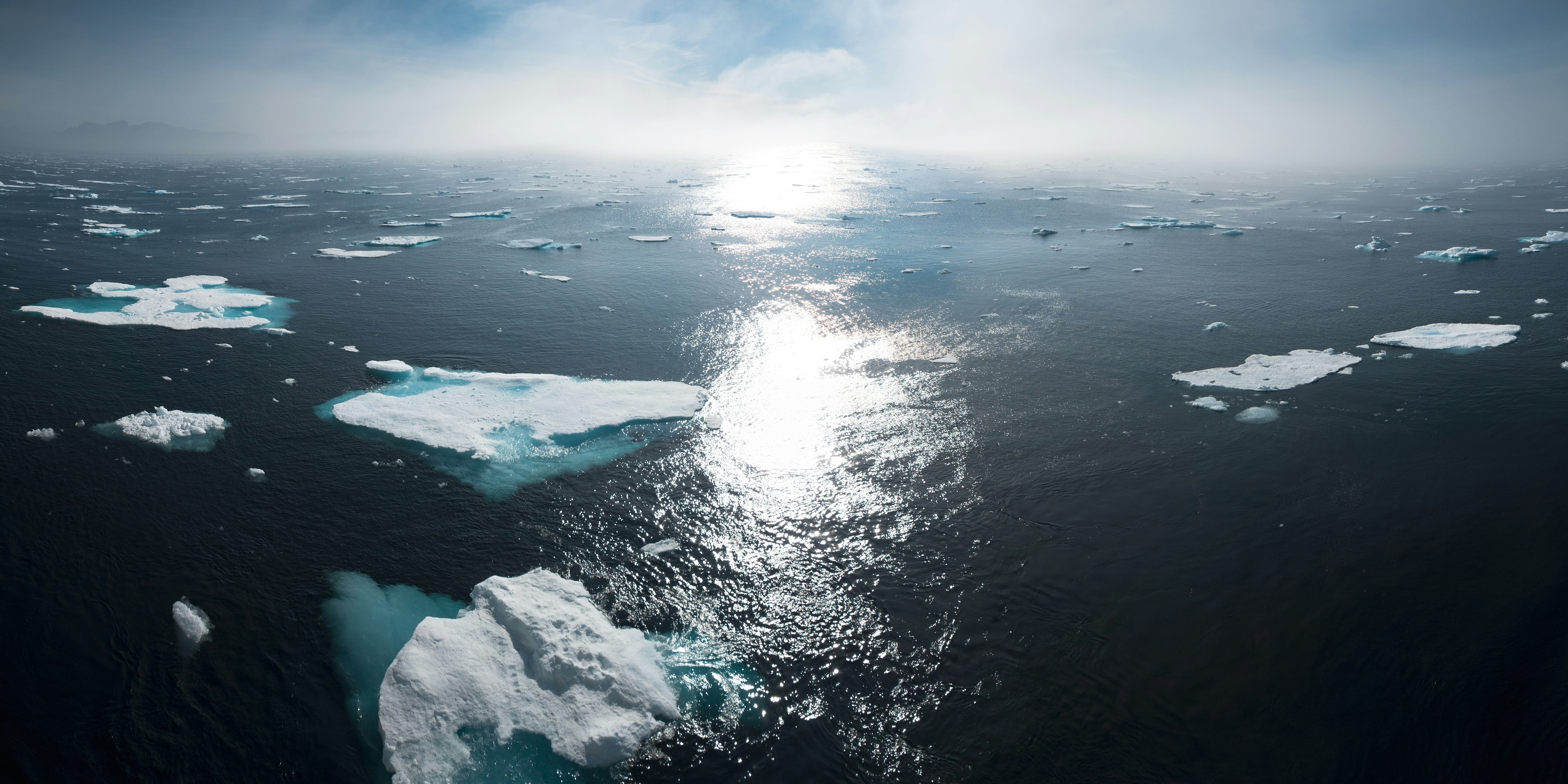What’s the best way to build climate change consensus?


Get involved with our crowdsourced digital platform to deliver impact at scale
Stay up to date:
Future of the Environment
Despite a scientific consensus that human activity is causing the planet to warm up, ingrained attitudes among Americans mean policy changes on global warming are unlikely, academics said in a new study.
Improving dialogue between believers and sceptics on the importance of human activity for climate change is the best way to foster consensus among ordinary people, according to the study published in the journal Nature Climate Change.
“Strategies for building support for (climate) mitigation policies should go beyond attempts to improve the public’s understanding of science,” Ana-Maria Bliuc, a professor at Australia’s Monash University who co-wrote the study, said in a statement.
Instead, scientists who want action on global warming should try to change the relationship between believers and deniers, said Bliuc, a social and political psychologist.
Both groups generally agree that climate change is real, according to the study based on an Internet survey of U.S. residents. But the two camps differ on whether human activity is causing warming.
Social identity or a culture clash often drive the respective views of the two sides, reflecting the background to similar debates on abortion or gay marriage, the study said.
In the United States, the two camps are divided largely along political party lines. More than 70 percent of Democrats say the earth is warming mainly because of human activities such as burning fossil fuels, according to polling data released by the Pew Research Center in January.
In contrast, among Republicans just 27 percent hold this view; more than 40 percent say there is no solid evidence that the planet is getting hotter, and 30 percent say climate change is due mostly to natural environmental patterns.
The U.S. National Oceanic and Atmospheric Administration said in January that 2014 was thewarmest year since records began in the late 19th century.
U.N. experts believe it’s 95 percent likely that human activities, including the burning of fossil fuels, are causing the planet to warm.
Inaction is leading to serious consquences including rising sea levels, wild weather patterns and a loss of biodiversity, scientists say. (Reporting By Chris Arsenault; Editing by Tim Pearce)
This article is published in collaboration with Thomson Reuters Foundation trust.org. Publication does not imply endorsement of views by the World Economic Forum.
To keep up with the Agenda subscribe to our weekly newsletter.
Author: Chris Arsenault covers global food security and agricultural politics for the Thomson Reuters Foundation.
Image: Splinters of ice peel off from one of the sides of the Perito Moreno glacier in a process of a unexpected rupture during the southern hemisphere’s winter months. REUTERS/Andres Forza
Don't miss any update on this topic
Create a free account and access your personalized content collection with our latest publications and analyses.
License and Republishing
World Economic Forum articles may be republished in accordance with the Creative Commons Attribution-NonCommercial-NoDerivatives 4.0 International Public License, and in accordance with our Terms of Use.
The views expressed in this article are those of the author alone and not the World Economic Forum.
The Agenda Weekly
A weekly update of the most important issues driving the global agenda
You can unsubscribe at any time using the link in our emails. For more details, review our privacy policy.
More on Nature and BiodiversitySee all
Andrea Mechelli
May 15, 2024
Sha Song
May 8, 2024






